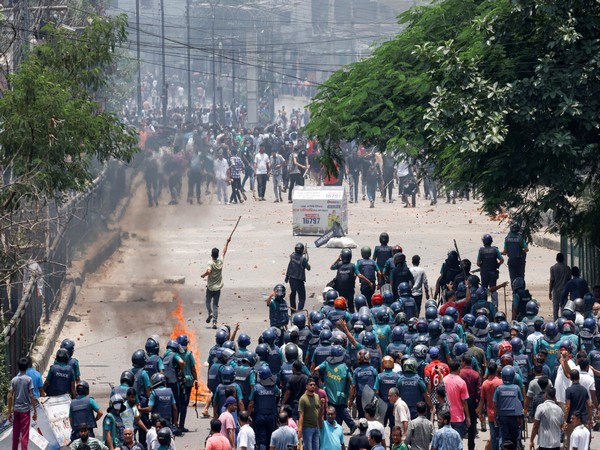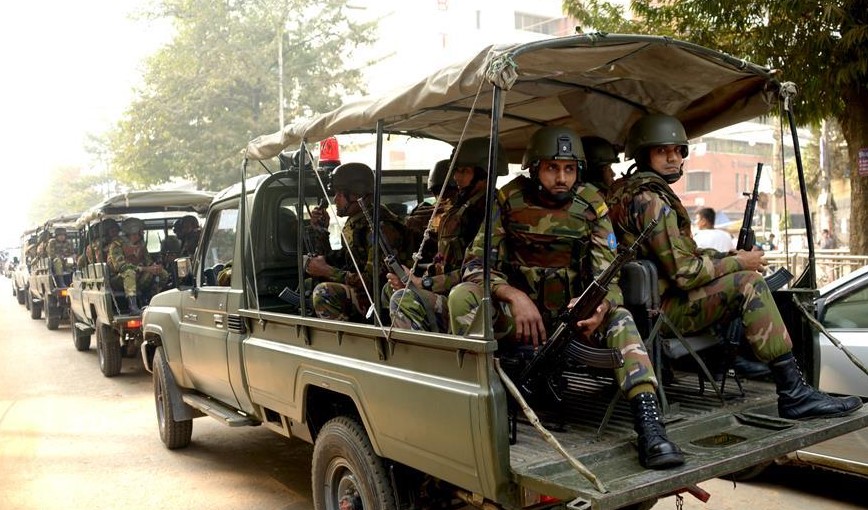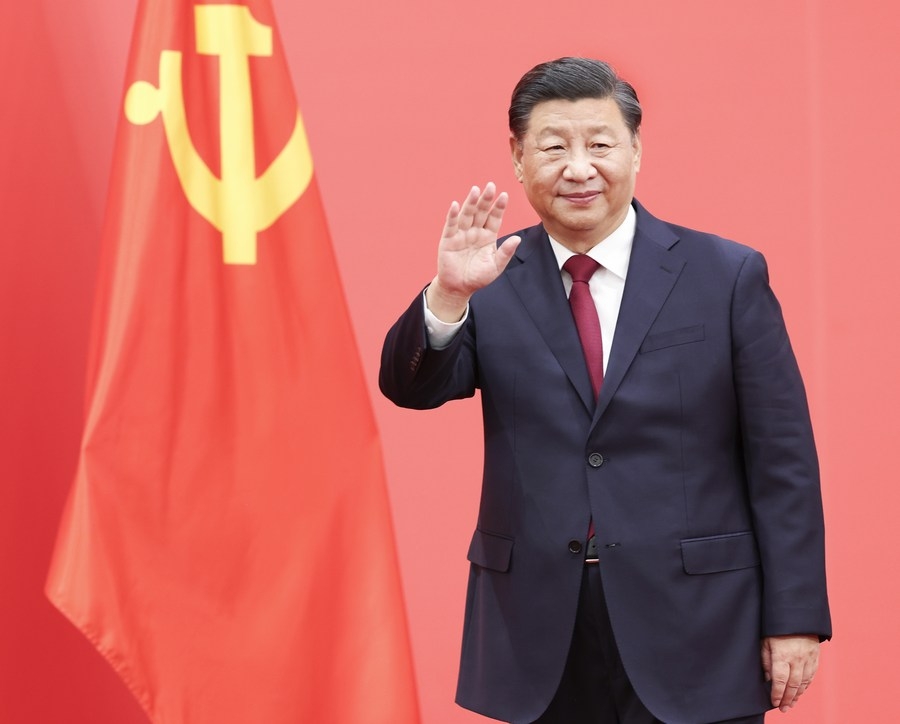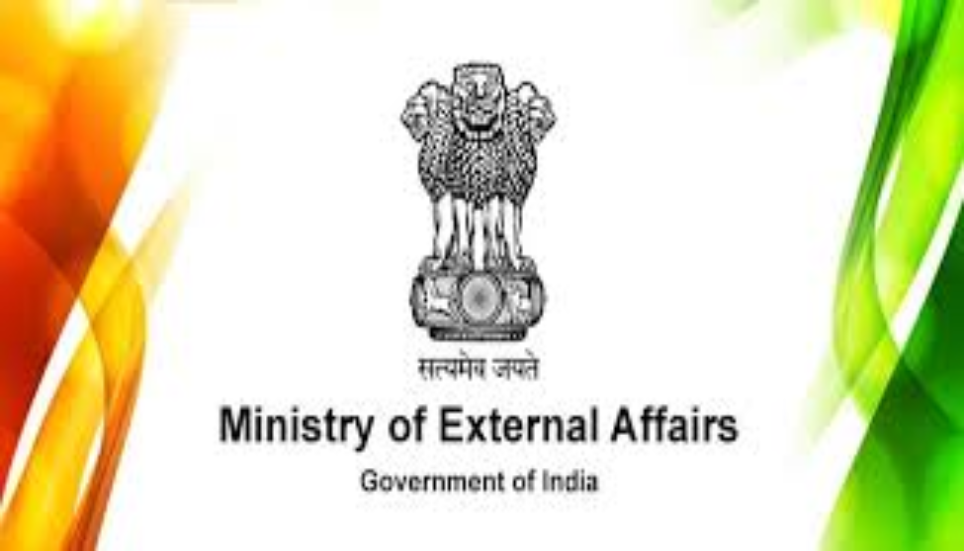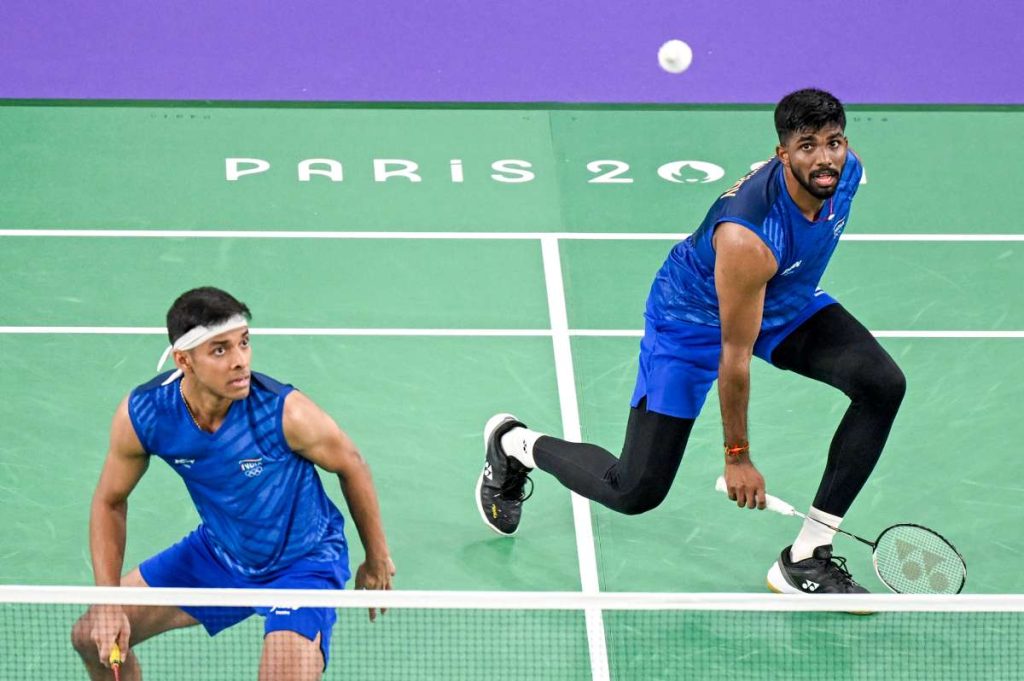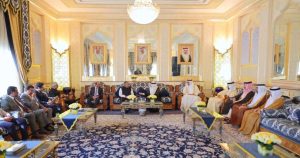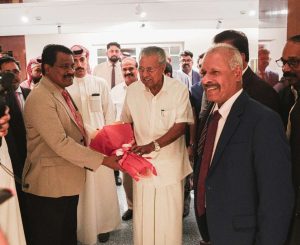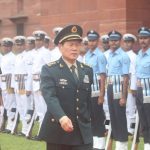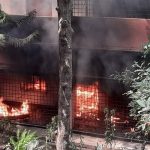Tens of thousands of students hit the streets, demanding reforms in the quota system which reserved 30 per cent of government jobs for relatives of veterans who fought in the 1971 war of independence against Pakistan…reports Asian Lite News
Bangladesh restored mobile internet on Sunday, 11 days after severe protests against quota in government jobs, rocked the nation, leading to the imposition of a nationwide blackout, Al Jazeera reported.
4G mobile internet services resumed on Sunday, hours after Zunaid Ahmed Palak, the state minister for telecommunications and information communication technology, made the announcement.
“We have decided to restore the 4G network connectivity from 3pm (local time) today,” the state minister said, following a meeting with internet service providers (ISP) and other stakeholders in the capital, Dhaka.
However, social media platforms such as WhatsApp, Facebook, TikTok and YouTube, continue to remain restricted. Even though broadband internet connectivity was restored on Tuesday, a vast majority of internet users in Bangladesh rely on mobile devices to connect with the world.
Tens of thousands of students hit the streets, demanding reforms in the quota system which reserved 30 per cent of government jobs for relatives of veterans who fought in the 1971 war of independence against Pakistan.
Following this, the Prime Minister Sheikh Hasina-led Bangladesh government suspended mobile internet services on July 17 and imposed a curfew.
The protests – one of the biggest upheavals of Hasina’s 15-year tenure – remained largely peaceful until the demonstrators were attacked by the police and pro-government student groups last week, as reported by Al Jazeera.
Bangladesh Home Minister Asaduzzaman Khan said on Sunday that at least 147 people were killed during the violence, in the government’s first toll, published a day after the main protester group, Students Against Discrimination, gave its own preliminary count of at least 266 dead.
Speaking to reporters in Dhaka, Khan said the deceased included students, police, activists, and people from various professions, adding that further investigation is under way to determine the total death toll. However, independent estimates put the toll at over 200, according to Al Jazeera.
The Home Minister further said that police operated with restraint and only fired on demonstrators to protect government buildings. He added that the police had only abducted some protesters for their own safety.
“Despite the killing of their fellow officers, they showed extreme levels of patience,” he said. “But when they saw that the properties could not be protected, then police were forced to open fire.”
The students, were opposing the quota system, calling it “discriminatory,” and began protests after a High Court bench in June reinstated the quotas that were abolished in 2018.
With around 18 million young Bangladeshis out of work, according to government figures, the move to restore the quotas deeply upsets graduates facing an acute employment crisis, Al Jazeera reported.
The critics say the quota is used to stack public jobs with loyalists to the ruling Awami League party.
Amid intensifying protests, the Bangladesh Supreme Court cut the 30 per cent quota for veterans’ descendants to 5 per cent, and the quota for ethnic minorities, transgender people and disabled people was limited to 2 per cent. The top court, however, fell short of the protesters’ demands to scrap the quotas entirely.
Despite little relaxation, army patrols and a nationwide curfew remain in place, more than a week after they were imposed. But, schools and other educational institutions remain closed until further notice.
Meanwhile, a police dragnet has scooped up thousands of protesters, including at least half a dozen student leaders.
Members of Students Against Discrimination said they would end their weeklong protest moratorium, but vowed to renew it if their leaders are not freed, Al Jazeera reported.
The group’s chief, Nahid Islam and others “should be freed and the cases against them must be withdrawn,” group member Abdul Hannan Masud told reporters in an online briefing late on Saturday.
“Otherwise, Students Against Discrimination will be forced to launch tough protests” starting Monday, Masud said. (ANI)
ALSO READ-Over 6700 Indian students returned to India from Bangladesh

